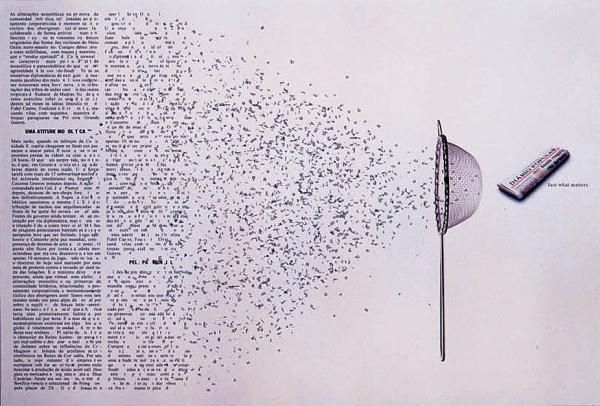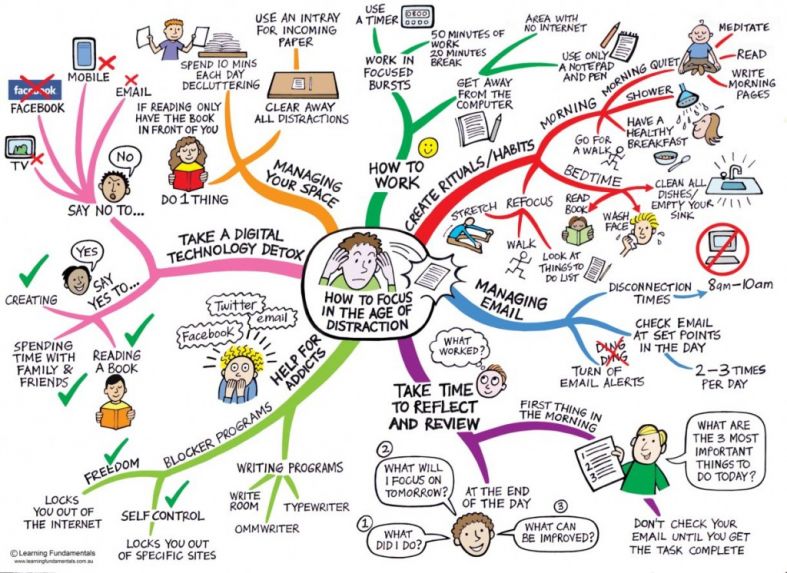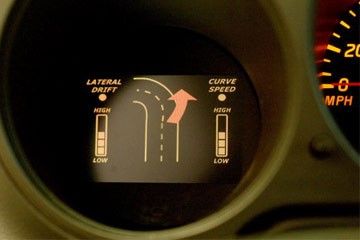Information Overload – How Much is too Much?
【Summary】Information Overload – How much is too much for ordinary everyday humans to process? It appears there are boundaries to effective communication processing.

By Anthony C. LoBaido
We've entered the "Information Age." One of singular ways we may define this new paradigm is the fact that a person living in 2016 – say a popular university student – will receive more messages in as little as a few months, or even one month, as a person born in 1900 would have received in their entire lifetime.
Another way to look at things in terms of total information is that a person living in 2016 will receive more information every single day – the equivalent of 174 issues of the Sunday edition of the New York Times – than a person living in 1900 would have received in their entire lifetime.
One needs only to look back to the erstwhile "Pony Express" method of delivering postal mail in the Old West. Messages could take weeks or months to make it across the continental United States. A message sent from White Hall in London to colonial British India during the era of Queen Victoria might also have taken months. Today an email takes mere seconds.

How much is too much for ordinary everyday humans to process? It appears there are boundaries to effective communication processing. Psychologists and sociologists are now entering the debate.
The UK Telegraph published an interesting article in this topic that can be read here.
According to the Telegraph:
"The growth in the internet, 24-hour television and mobile phones means that we now receive five times as much information every day as we did in 1986. But that pales into insignificance compared with the growth in the amount of information we churn out through email, twitter, social networking sites and text messages. Every day the average person produces six newspapers worth of information compared with just two and a half pages 24 years ago – nearly a 200-fold increase. All this information needs storing and we now each have the equivalent of 600,000 books stored in computers, microchips and even the strip on the back of your credit card."
In the year 1900 the average person might read 50 books during the course of their lifetime. Today even very small children have a plethora of books at their disposal and they've often watched a few hundred movies.
Continued the Telegraph:
"…Researchers surveyed 60 categories of analogue and digital technologies during the period from 1986 to 2007, and the results reflect our near complete transition to the digital age. Using the analogy of an 85 page newspaper, they found that in 1986 we received around 40 newspapers full of information every day but this had rocketed to 174 in 2007."
The researchers, who reported their findings in the journal Science, found that there was now 295 exabytes of data floating around the world – that's 29,500,000,000,000,000,000,000 pieces of information. While this is enormous – 315 times the number of grains of sand on Earth – it is still less than one per cent of the information that is stored in the DNA of a single human being."
-


What will a Trump Presidency mean for self-driving cars?
-


Driverless Cars – an anti-social future in the making?
-


Ambulance + Tank =’s a new generation of emergency vehicle technology
-


The Israeli Army’s new autonomous vehicle – a look at the battlefield of tomorrow
-


Top 10 Newfangled Car Safety Technologies
-


The Fall Leaves of Yosemite – Celebrating 100 Years of U.S. National Parks
-


Stephen Hawking, Robotics and Our “Dangerous Point in Human History”
-


Do auto manufacturers or tech companies file the most patents?
- California, Chinese Pride and the Building of the Transcontinental Railroad Part I
- The Wind Beneath My Wings "Altamont Wind Farm"
- Rabban Bar Sauma’s trek from China to Rome a key to world history (Part I)
- California, Chinese Pride and the Building of the Transcontinental Railroad Part II
- “Data is the New Oil” - The Alpha, Beta and Omega of Postmodern Wealth Creation - Part I
- Rabban Bar Sauma’s trek from China to Rome a key to world history (Part II)
- Managing the Transition to Self Driving Cars
- XPeng Motors Valued at Over $8.4 Billion Files for U.S. IPO, the Company is Backed by Alibaba and Xiaomi
- Nikola Tesla: The Untold Story of "The Man Who Invented the 20th Century”
- Beijing’s Quantum Satellite Another “First” in the 21st Century Space Race











 About Us
About Us Contact Us
Contact Us Careers
Careers